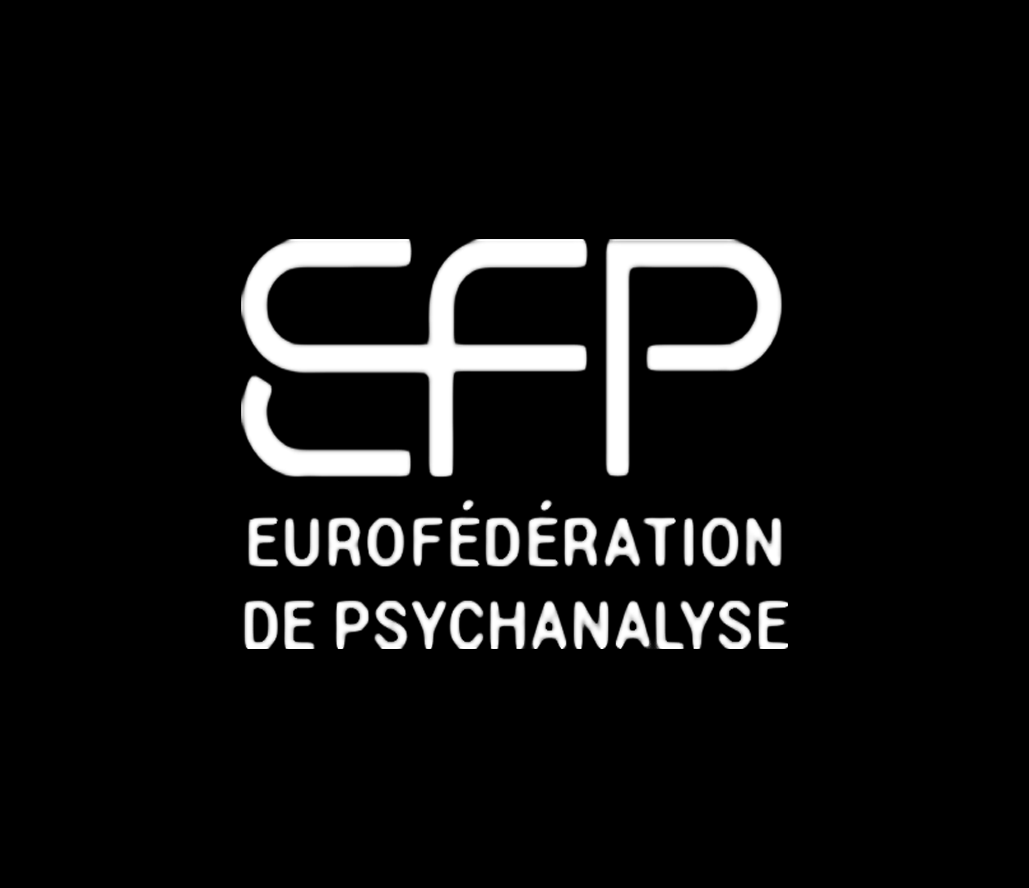eurofederation of psychoanalysis
THE FOUR EFP SCHOOLS
The EFP federates four schools of psychoanalysis in Europe.

New Lacanian School
On June 21, 1964 Jacques Lacan founded his School of Psychoanalysis with the aim of assuring the formation of psychoanalysts, the transmission of psychoanalysis, and the re-conquering of the Freudian Field. The New Lacanian School (NLS), created in 2003 by Jacques-Alain Miller, is one of seven Schools founded within the framework of the World Association of Psychoanalysis (WAP).

Scuola Lacaniana di Psicoanalisi
La Scuola Lacaniana di Psicoanalisi, fondata a Milano nel 2002, è una delle Scuole dell’Associazione Mondiale di Psicoanalisi. Nel campo aperto da Freud e nel solco dell’insegnamento di Jacques Lacan, si prefigge di ristabilire la verità della psicoanalisi, di trasmetterne il sapere, di offrirlo al controllo e al dibattito scientifico e di fondare con ragione la qualifica di psicoanalista, secondo quanto indicato da Lacan nel suo Atto di fondazione, nel 1964.
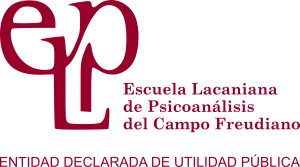
Escuela Lacaniana de Psicoanalisis
Fundada en mayo de 2000, la Escuela Lacaniana de Psicoanálisis se inscribe en el marco del Acto de fundación pronunciado por Jacques Lacan en 1964 y promueve la enseñanza del psicoanálisis en España. Tiene su campo de actuación de un modo descentralizado en comunidades que, a su vez, están constituidas por una o varias sedes.
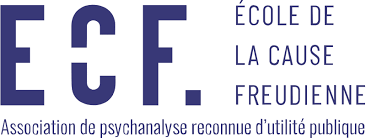
École de la Cause freudienne
The object of the School as intended by Jacques Lacan is psychoanalysis. It provides training, guarantees the psychoanalyst’s relationship with it, and sets out to challenge it. Founded in January 1981, the École de la Cause freudienne was the last institutional initiative of Jacques Lacan, who was its first president.
THE WORLD PSYCHOANALYTIC ASSOCIATION: AMP
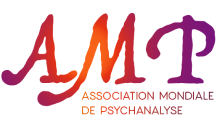
World Association of Psychoanalysis
AMP is an association governed by the French law of 1901. Its head office is at 5 rue de Lille, Paris. Characterized by the diversity of its languages and styles, its aim is to develop and keep alive Lacanian psychoanalysis throughout the world. It intends to work towards the advancement of psychoanalytic study (research actions) and practice (constant evaluation of results and progress) in accordance with the teachings of Jacques Lacan.
LE CONGRÈS : PIPOL
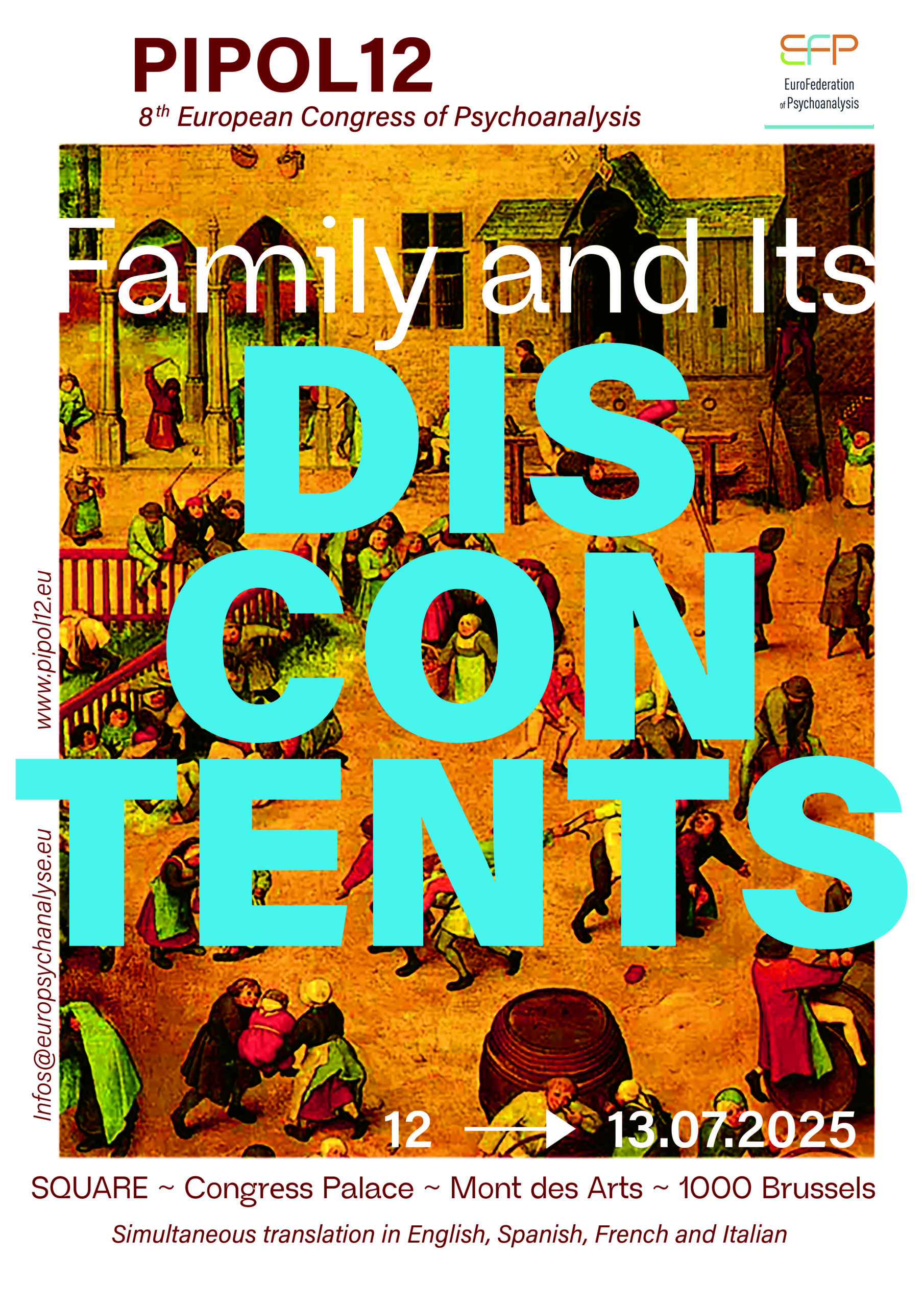
FAMILY AND ITS DISCONTENTS – PIPOL 12
If there is one thing that shows the discontents of civilization [Malaise dans la civilisation] in our time, it is...
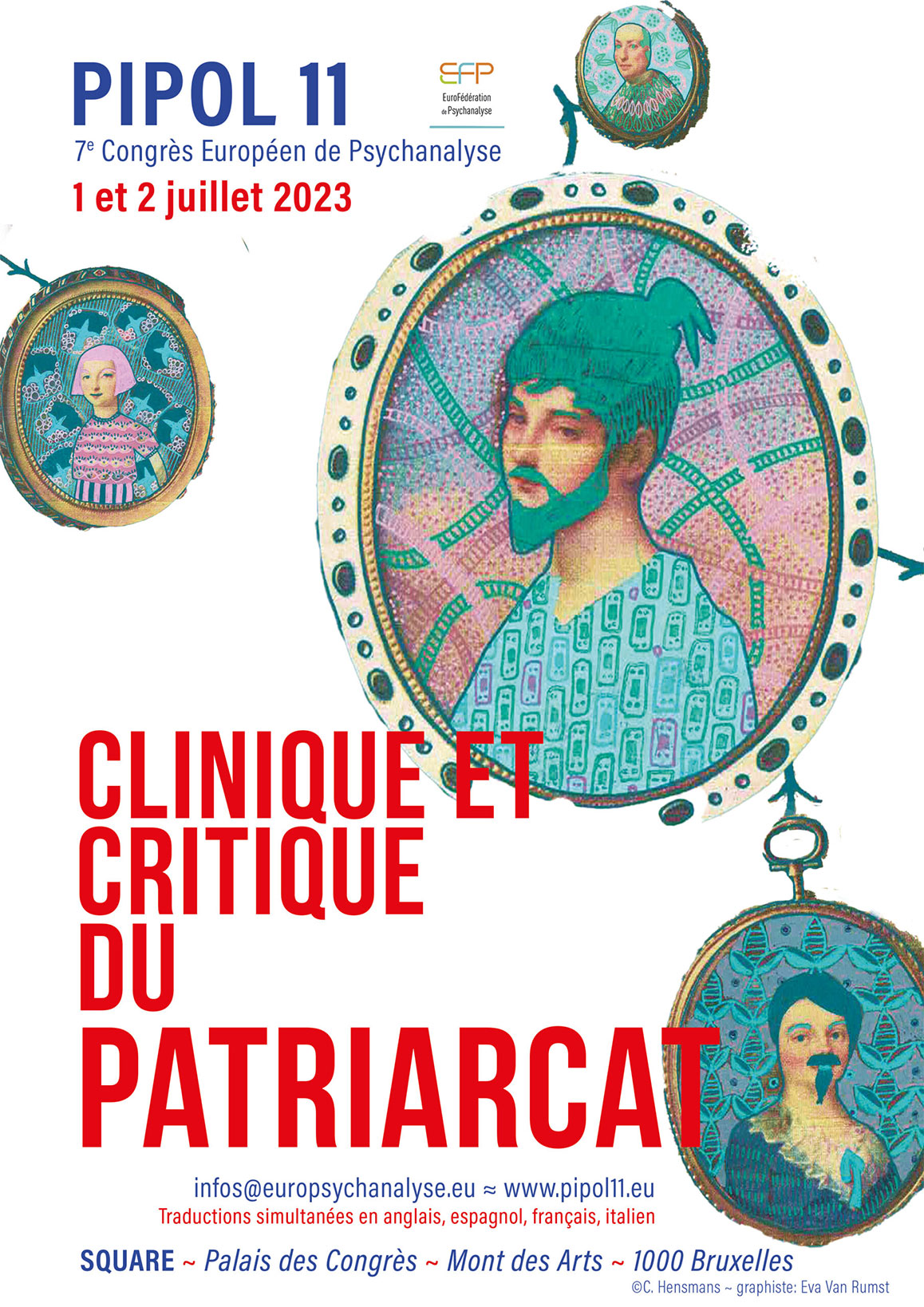
Congrès PIPOL 11
Congrès européen de Psychanalyse Bruxelles – 1 et 2 juillet 2023 Clinique et critique du patriarcatPrésentationLe...
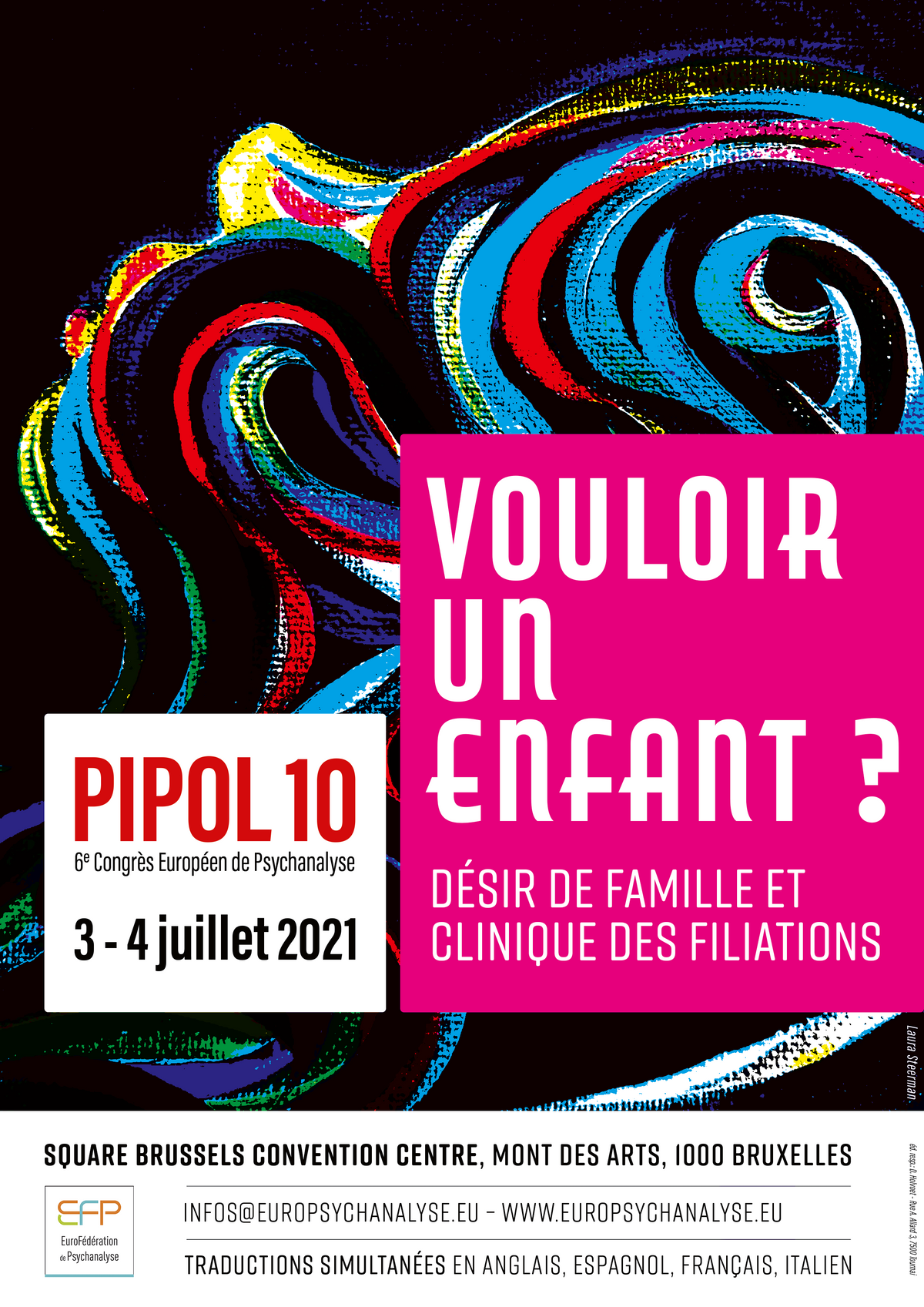
Congrès PIPOL 10
Congrès européen de Psychanalyse Bruxelles – 3 et 4 juillet 2021 Vouloir un enfant ? Désir de famille et clinique des...
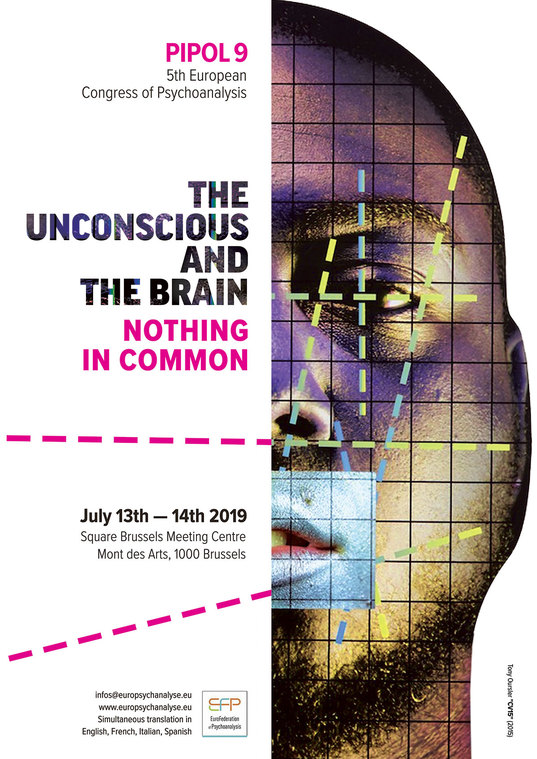
Congrès PIPOL 9
Congrès européen de Psychanalyse Bruxelles – 13 et 14 juillet 2019 L'inconscient et le cerveau, Rien en commun Yves...
THE MAGAZINE: MENTAL
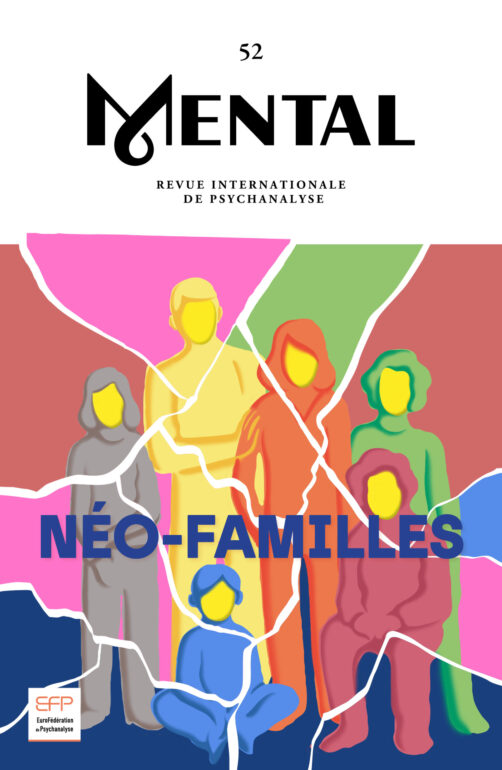
Mental n°52 – Néo-familles
Résumé Il existe aujourd’hui une constellation de manières de faire famille : monoparentale, recomposée,...
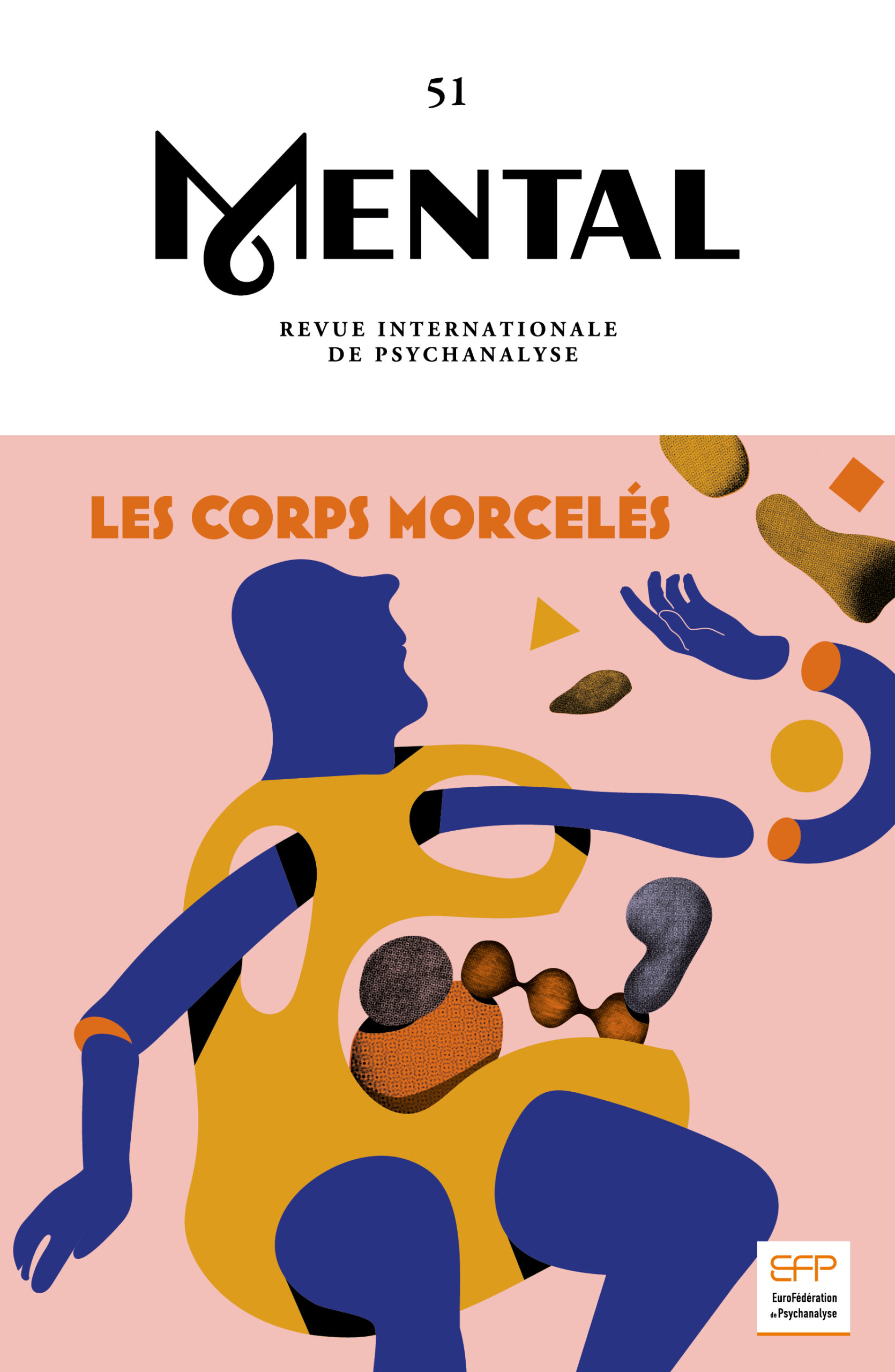
Mental n°51 – Les corps morcelés
Résumé Pour Lacan, le corps morcelé est la condition primitive du sujet, antérieure à toute unité imaginaire. C’est...
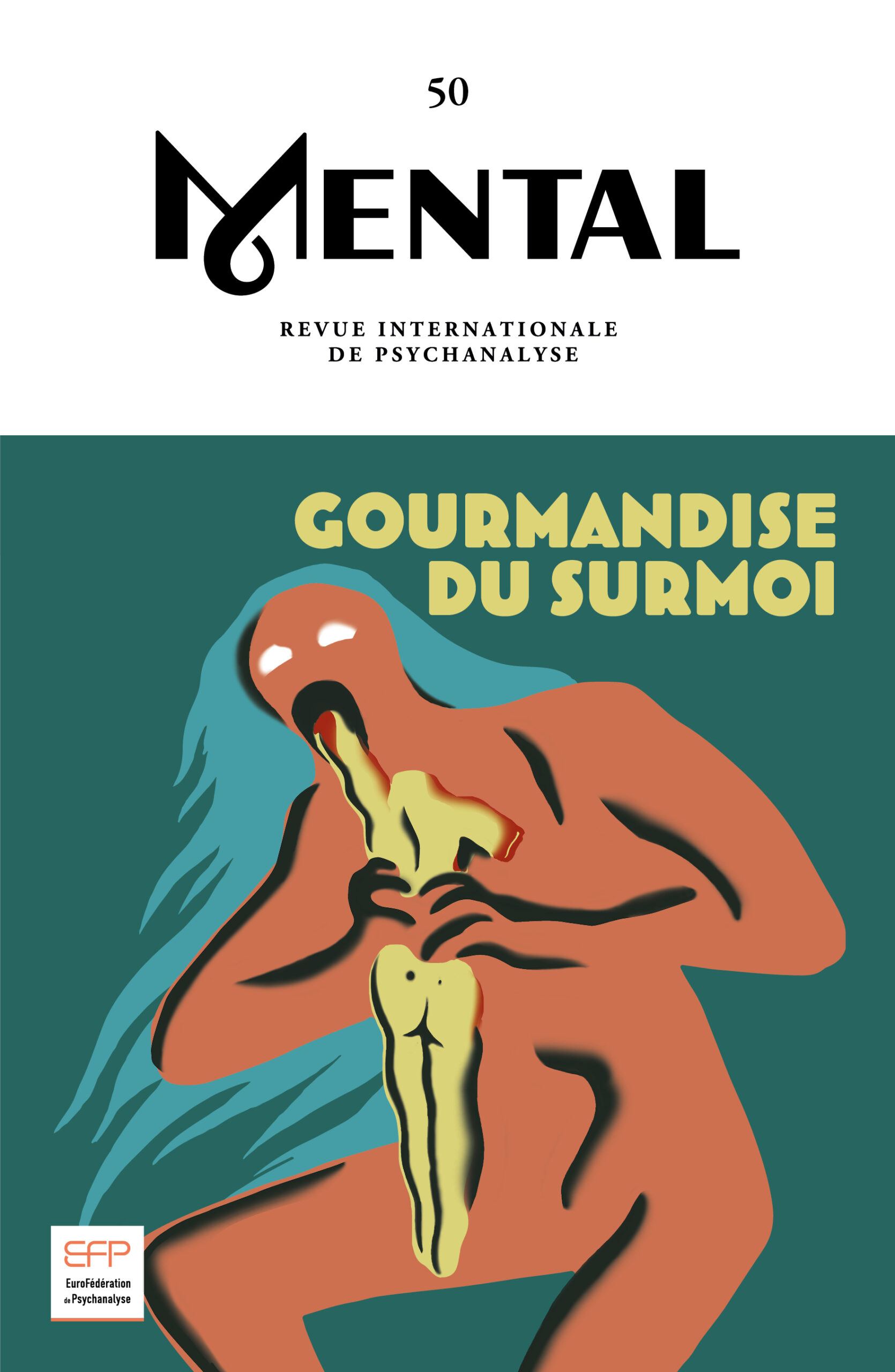
Mental n°50 – Gourmandise du surmoi
Résumé Les formes sous lesquelles le surmoi se présente varient en fonction des discours dominants, mais sa voracité,...
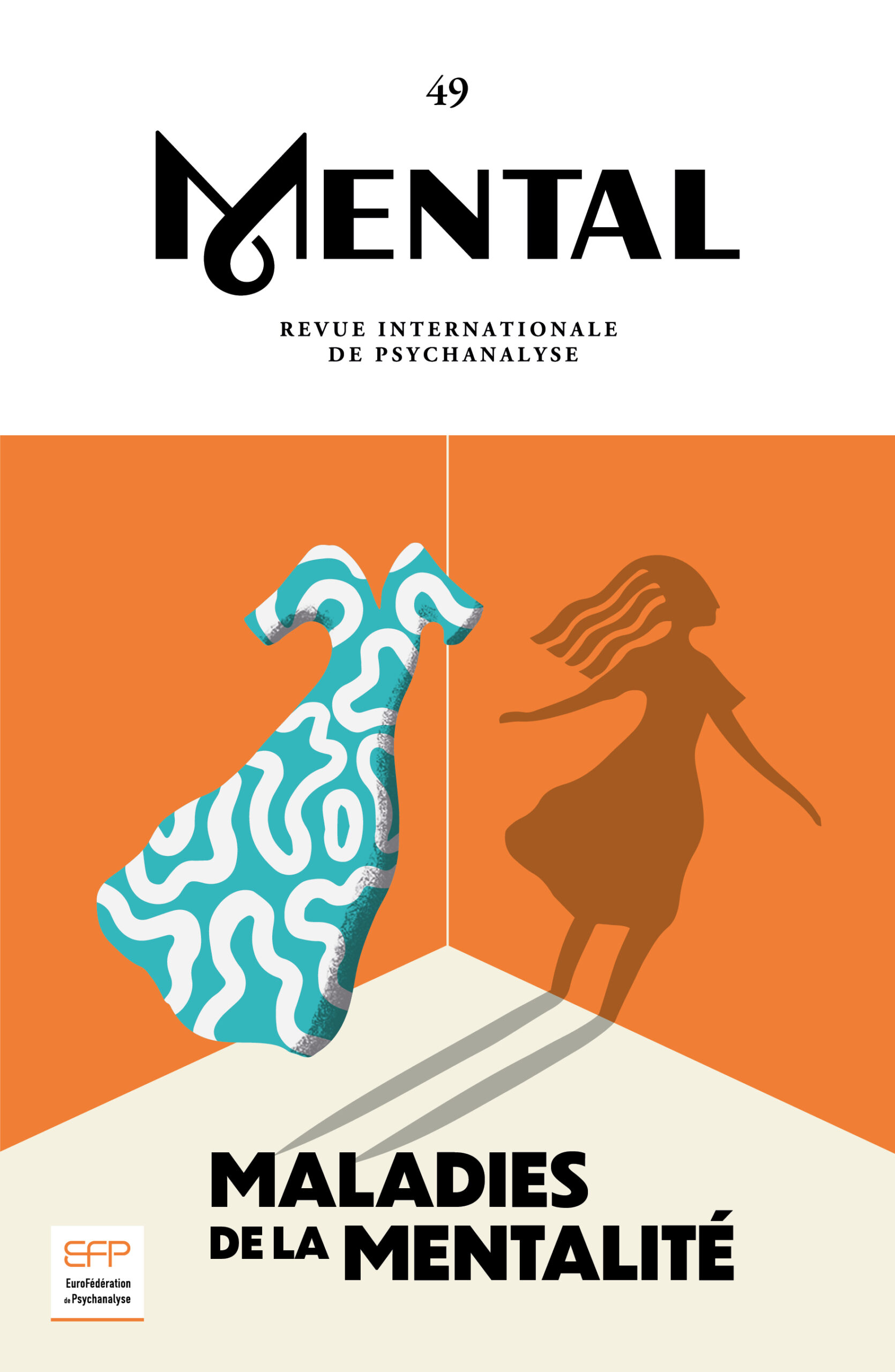
Mental n°49 – Maladies de la mentalité
Résumé : Les maladies de la mentalité se distinguent des maladies mentales sérieuses, telles que Jacques Lacan les...
